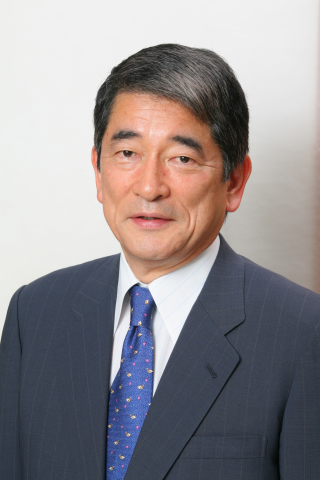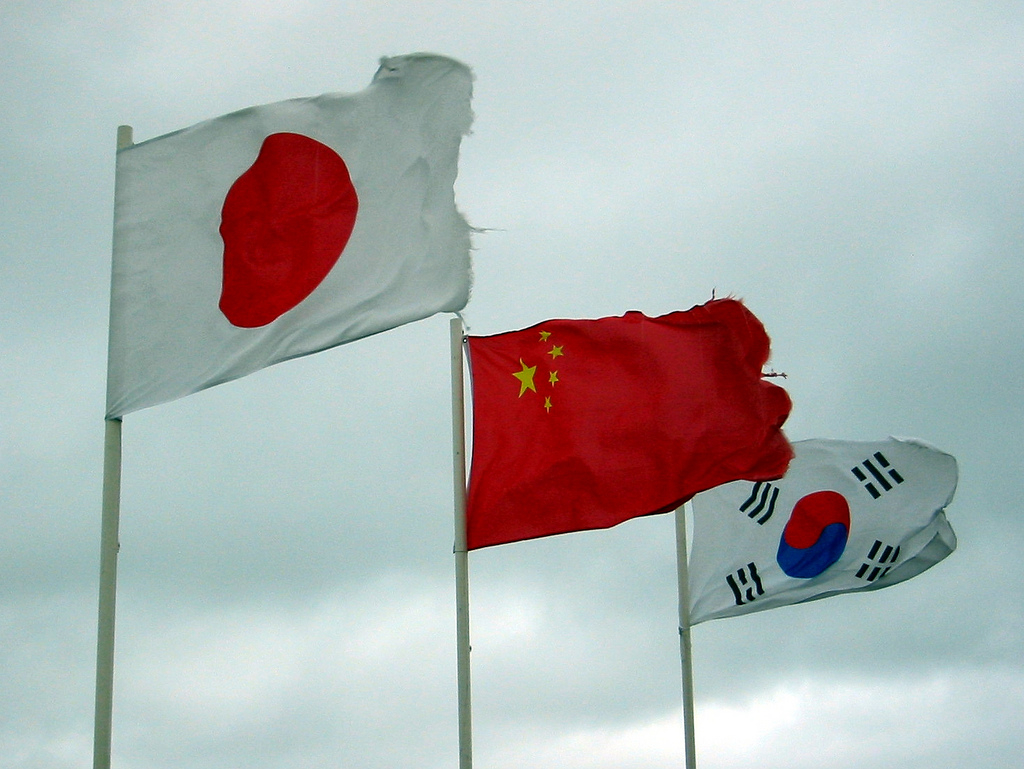
Practical information
Japan-China relations and Japan-South Korea relations, both very important pillars of international relations in East Asia, are instable and often fraught with bitterness. Controversial disputes over history issues underlie Japan’s complex relations with the two countries. The political tensions are complicating a much-needed cooperation.

The neighbors indeed share strong interests that push them to ultimately cooperate in a pragmatic way, be it on economic and trade issues, or on strategic matters, such as towards North Korea. Yukio Okamoto will explain and discuss the possibilities for better relations and reconciliation.
Yukio OKAMOTO, a former Special Advisor to two Prime Ministers of Japan, is the President of Okamoto Associates and a Robert E. Wilhelm Fellow at MIT. From 1968 to 1991 Mr. Okamoto was a career diplomat in Japan’s Ministry of Foreign Affairs. Then he established Okamoto Associates Inc., a political and economic consultancy. Post-retirement, Mr. Okamoto has served in a number of advisory positions. From 1996 to 1998, he was a Special Advisor to Prime Minister Ryutaro Hashimoto. From 2001 to 2004, he was again a Special Advisor to Prime Minister Junichiro Koizumi, also serving as the Chairman of the Prime Minister’s Task Force on Foreign Relations. Mr. Okamoto is a visiting professor of international relations at Ritsumeikan University as well as Tohoku University. He has written many books on Japanese diplomacy and is a regular contributor to major newspapers and magazines. He is a very well-known public speaker and a frequent guest on public affairs and news television programs.
Chair: Thomas GOMART, Directeur de l'Ifri
Speakers
Other events

Paris Naval Conference 2026: Naval Rearmament and Operations in Contested Waters
This fourth edition of the Paris Naval Conference (CNP), bringing together high-level military, industrial, and academic speakers, will address the challenges associated with general naval rearmament and naval operations in increasingly contested environments.





